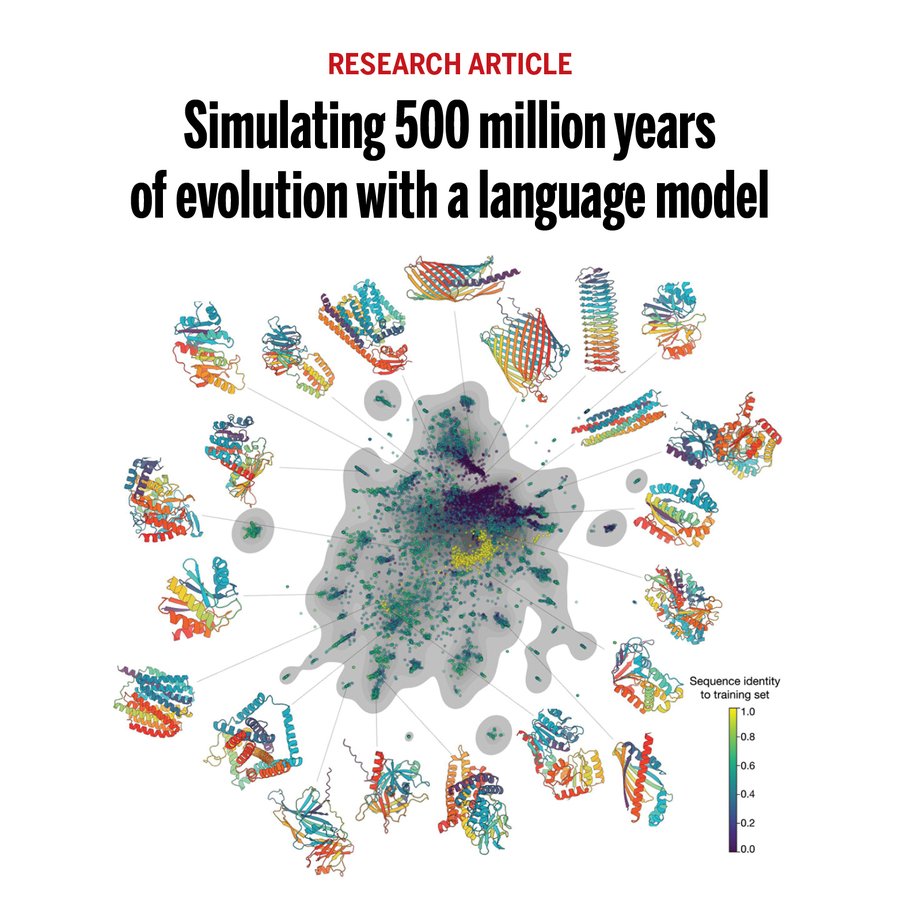A transformative milestone in biotechnology was achieved on July 11, 2025, as scientists unveiled an artificial intelligence (AI) system capable of designing custom proteins in mere seconds, a task that historically required years of meticulous laboratory work. This development, highlighted in a ScienceDaily report, marks a significant leap forward in addressing critical health challenges, including cancer and antibiotic resistance.
The AI-driven approach leverages advanced algorithms to predict and construct protein structures with unprecedented speed and precision. Proteins, essential molecules that perform a vast array of functions in living organisms, are notoriously complex to design due to their intricate three-dimensional structures. Traditionally, researchers spent years iterating through experiments to develop proteins tailored for specific medical applications, such as targeting cancer cells or combating drug-resistant bacteria. The new AI system streamlines this process by rapidly generating protein designs that can be tested and refined in the lab, drastically reducing development timelines.
This breakthrough holds immense potential for medical advancements. In cancer treatment, custom-designed proteins could be engineered to precisely target malignant cells while sparing healthy tissue, offering more effective and less invasive therapies. Similarly, in the fight against antibiotic resistance—a growing global health crisis—the AI system could accelerate the creation of novel proteins capable of neutralizing resistant bacterial strains, addressing a critical need as infections become increasingly difficult to treat with existing drugs.
The research, conducted by leading universities and research organizations, builds on recent advancements in machine learning and computational biology. By training AI models on vast datasets of protein structures and their functions, scientists have enabled the system to predict how specific amino acid sequences will fold and interact within biological systems. This predictive power allows researchers to generate proteins tailored to specific therapeutic goals, such as binding to a particular receptor on a cancer cell or disrupting a bacterial defense mechanism.
The implications of this technology extend beyond medicine. In fields like synthetic biology and materials science, rapidly designed proteins could lead to innovations in biofuels, environmental remediation, and advanced materials. The ability to create custom proteins on demand also opens the door to personalized medicine, where treatments could be tailored to an individual’s unique genetic makeup.
While the AI system represents a significant advancement, researchers caution that further validation is needed to ensure the safety and efficacy of AI-designed proteins in clinical settings. Ongoing studies are focused on refining the algorithms and conducting rigorous testing to translate these designs into practical treatments. Collaborative efforts between academic institutions, biotech companies, and regulatory bodies will be crucial to bringing this technology to market.
This achievement underscores the transformative potential of AI in science and technology. As the field continues to evolve, the ability to design custom proteins in seconds could redefine how humanity addresses some of its most pressing health challenges, offering hope for more effective solutions to diseases that have long defied conventional treatments.

